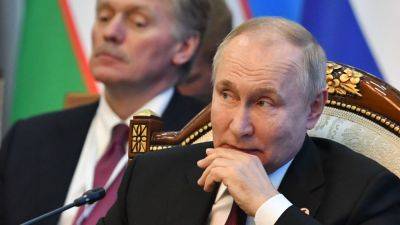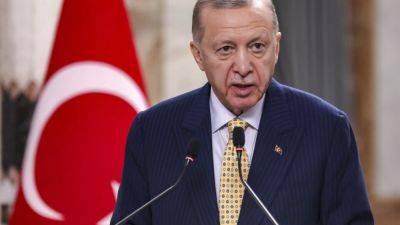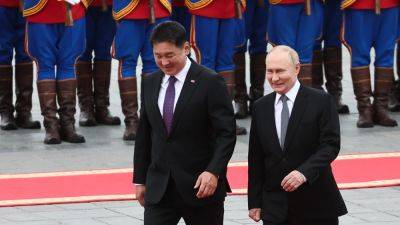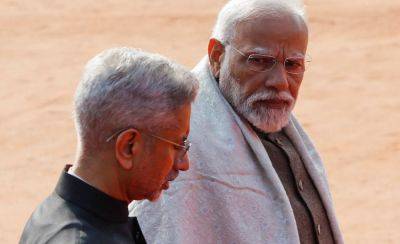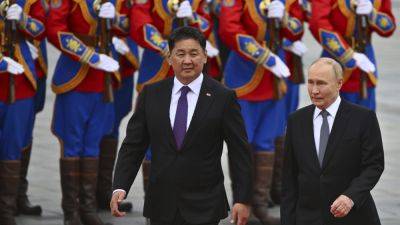Pro-Putin movement spreading fast across ex-Soviet bloc
As Russia keeps pounding Ukrainian cities with airstrikes and advances along the frontline in Donbas, regional elections in two states in eastern Germany have seen a surge of support for parties on the extreme right and extreme left.
What is particularly concerning is that both parties oppose support for Ukraine and back a more Kremlin-aligned view of the Russian aggression against Ukraine. They put most of the blame on the West for provoking Russia and tap into a reservoir of fear of being dragged into a full-blown military confrontation with Moscow.
Such views, and their success at the ballot box, are not unique to the former East Germany. Other states in central and eastern Europe that were under Soviet control until 1989 have seen the rise of similar sentiments, most notably among them EU and NATO members Slovakia and Hungary.
The same is true for some states that were formerly part of the Soviet Union, such as Azerbaijan and Georgia. Representing a curious mix of fear, resentment and nostalgia, this does not mean the restoration of the Soviet bloc by stealth but it points to an ideological consolidation in at least part of that region.
In Hungary, this pro-Russian position is predominantly associated with the country’s populist prime minister Viktor Orban. In power since 2010, Orban has moved himself and his country away from the liberal democratic ideals that he espoused in the late 1980s and early 1990s.
This has led the European Commission and parliament to condemn Orbán for undermining democracy and the rule of law.
The European Court of Justice has imposed a €200 million (US$221 million) fine on Hungary for deliberately infringing EU asylum rules. None of that stopped Orbán from a fourth consecutive victory in


